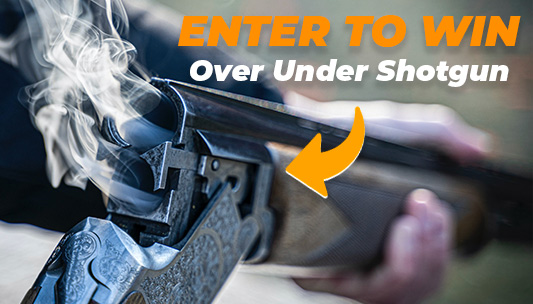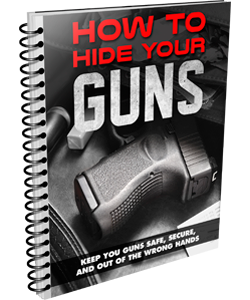Taking the Plunge: Being Ready for Your First Match
Competition is a scary word. For many people, participating in a competition means putting their skills (or lack of them) on the line for everyone to see. It means having to measure up against experienced, highly skilled competitors who are not friendly to the idea of “newbies” interfering and taking up time.
The competitive shooting world is a friendly place, fortunately. In fact, it’s one of the few sports where a new amateur can compete side by side with a seasoned professional. It’s not unlikely to find a pro or other experienced shooter taking a few minutes to give some advice to the new guy or gal at a match.

Shooters confer about a stage plan while the Range Officer gives a competitor last words of advice before she starts the stage.
The equipment rules for almost every shooting sport can seem complicated to anyone, even veterans of the sport. Using the Internet to check out what current competitors are using is confusing and can lead to the impression that expensive guns and gear are necessary. However, most shooting sports have a way for mostly off-the-shelf equipment to compete, and most local matches will make allowances for a new competitor if what they bring is safe, functional, and somewhere in the neighborhood of what the sport requires.

Guns and gear can be as fancy or as simple as you can manage.

Gun Safety Rules

The red line here is parallel to the rear berm and indicates the 180. As you can see from the arrow, the muzzle always points downrange.

Credit: Ron Jones (used with permission) – Notice how visibly the index finger is out of the trigger guard while the shooter is running.
Aside from basic gear and safety, you should also know the basic gun-handling skills needed for the sport you’re trying out. It’s both a matter of safety and a matter of your enjoyment. That means you should know how to safely load, unload, and fire your gun. Depending on the sport, you might also need to know how to draw a pistol out of a holster, or how to reload your gun.
Having a solid grasp of how to operate your gun will help you keep yourself collected as you try to do these things while under pressure, but always remember that you care more about your results than anybody else. Nobody else will be disappointed or upset if you aren’t fast, or if you’re a little clumsy, or even if you flat-out miss targets, as long as you remain safe and open to learning more.
Nobody is expecting you to be an expert the first time you step up to the line. You don’t even need to have all of the right gear, nor do you need to be a great shooter with lots of training already. In fact, by going to your first match, you’ll likely find out that you have a lot to learn about shooting…and that’s okay. That’s why you’re going back for more, right?





3 Responses to :
Competition Shooting: Getting Ready For Your First Match